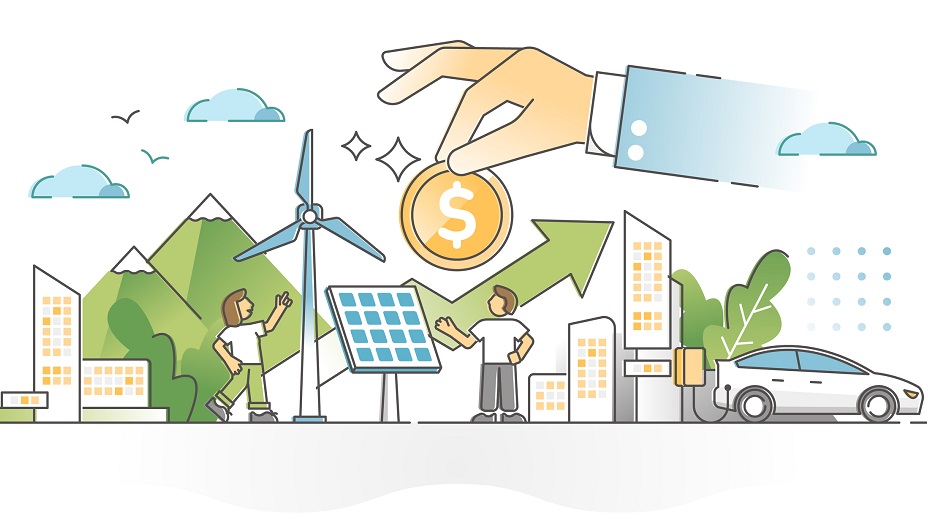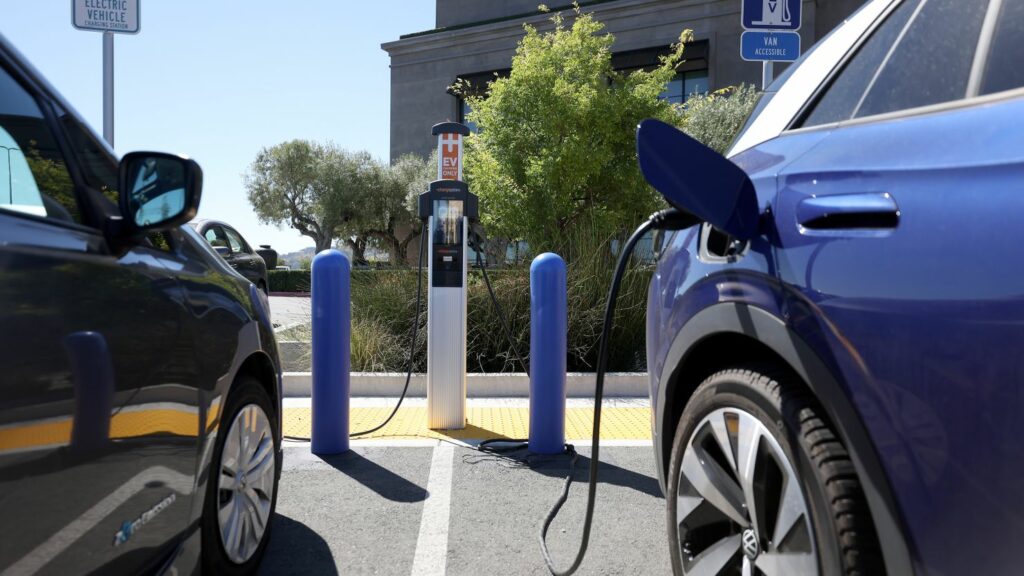The founder of outdoor retailing giant Patagonia has given the firm away to a trust that will use the profits to fight climate change. We’re all for people putting their money where their mouths are, including the vital and underappreciated role in a free society of voluntary giving and voluntary standards of conduct. But we fear that “fighting climate change” will end up as just more pious lecturing directed at everyone else. Patagonia is not about to renounce fossil fuels in its own manufacturing and distribution. As Dan McTeague, the “Gas Price Wizard,” promptly and crushingly tweeted in response to its decision, “Good – now they can deliver their wares and other products no longer made with any fossil fuels, whatsoever, by lamas and wooden sailing ships Welcome back to the year 1388”. And while we must point out that people in medieval times were more than familiar with coal as fuel (Marco Polo even mentions its abundance in China, where it was being burned as industrial fuel 3,000 years ago, as it was in classical Greece as well) we think the rest of the tweet is bang on. And we wonder why the mainstream media can’t seem to get it.
The story was big news, of the largely shallow sort. NBC ran a piece on the decision that might as well have been a Patagonia press release. And a New York Times puff piece hailed Patagonia founder Yvon Chouinard’s “unconventional spin on capitalism” and gush-snarled “The unusual move comes at a moment of growing scrutiny for billionaires and corporations, whose rhetoric about making the world a better place is often overshadowed by their contributions to the very problems they claim to want to solve.”
The actual press release was titled “Earth is now our only shareholder” while the pagename was “Reimagining Capitalism – Patagonia”. Which to be honest is pretentious. While we are very much in favour of people living up to their ideals, it’s not a novelty. Including when it comes to capitalism.
The whole idea of a free society is that people were free to conduct their affairs in accordance with their own best judgement, economic and moral, provided they did not use force or fraud against others. And very few entrepreneurs who have shared their thoughts with us say they did it for the money so they could plunge into the fleshpots.
The New York Times “Climate Forward” called it “a groundbreaking act of philanthropy” apparently unaware that, for instance, Andrew Carnegie sold his steel company in 1901 and spent the rest of his life giving his money away for causes ranging from funding 3,000 libraries to civil rights to promoting world peace and simplified spelling. Incongruously, it did go on to mention that:
“In recent years, Jeff Bezos, the Amazon founder, pledged $10 billion to what he called the Bezos Earth Fund, and has begun detailing that money will be spent. Laurene Powell Jobs, the widow of the Apple co-founder Steve Jobs, has pledged $3.5 billion to a group that will support climate action. And this year, John Doerr, the billionaire venture capitalist, donated $1.1 billion to Stanford University to establish a new school for the study of sustainability and climate change. Mike Bloomberg, Mark Zuckerberg and Bill Gates have all donated huge sums to climate, as well.”
(We skeptics still have all the money, of course.)
Even Sam Walton, who famously did not give to charity, insisted that keeping Walmart prices low and salaries decent was a far greater contribution to human well-being than most ostentatious do-gooding. And these same commentators seem less enthusiastic when, say, the owners of Chick-fil-A try to incorporate their Christian beliefs into their business practices. But this consideration brings us back rather sharply to the question of massive hypocrisy by… Patagonia.
“Climate Forward” insisted that the Patagonia decision is a valuable novelty because the other donors did it in old-fashioned ways, through foundations and universities, whereas Patagonia will keep making money and giving it to, well, something. But the real problem lies elsewhere. It’s not just that they gave two percent of the company to a registered charity and the rest to the Holdfast Collective which, the Times notes, “is a 501(c)(4), which allows it to make unlimited political contributions” as if giving money to politicians were a promising new approach.
It’s that as with John Kerry and Justin Trudeau whooshing about on private jets, celebrities traveling to climate festivals in mega-yachts and so on, the beginning of genuine virtue is precisely to act in accordance with your ideals. And until Patagonia stops using fossil fuels, its pretence to be putting its values into action is just pious nonsense.
Over at The Atlantic “The Planet” recently warned, in a very broad context that of course cited oil companies as a classic example, “Think Twice About Working for a ‘Climate Villain’ You’re not off the hook for your company’s actions.” OK. So Patagonia employees take heed; you work for a firm that is utterly dependent on hydrocarbons from the beginning to the end of its production chain.
At CDN we are frequently accused of being in the pay of oil companies. To which our stock response is not nearly enough. Not to change the subject but, on the contrary, to underline that we do not think hydrocarbon energy is destroying the planet or the future of our children’s children, so we are no more hypocrites for taking any money they might happen to send our way as for using their products. It is, rather, those who build a business on fossil fuels, including as feedstock for their high-tech fabrics and in their delivery trucks, who are engaging in the worst sort of marketing cynicism normally associated with unreimagined capitalism.



Marxists draped in green to maintain relevancy and more recently the cultural vandalism of post modern nihilism from the very best humanities faculties now infest the boardrooms and executive suites of corporations and NGOs. Together with the progressive-leaning and coordinated social media censors and information gatherers have reinvigorated textbook fascism as defined by Mussolini. Milton Freidman was prescient when he cautioned that the sole role of the corporation should be return to shareholders rather than attempting to work for the "public good" which historically always seems to translate to some form of gulag, human misery, or worse.